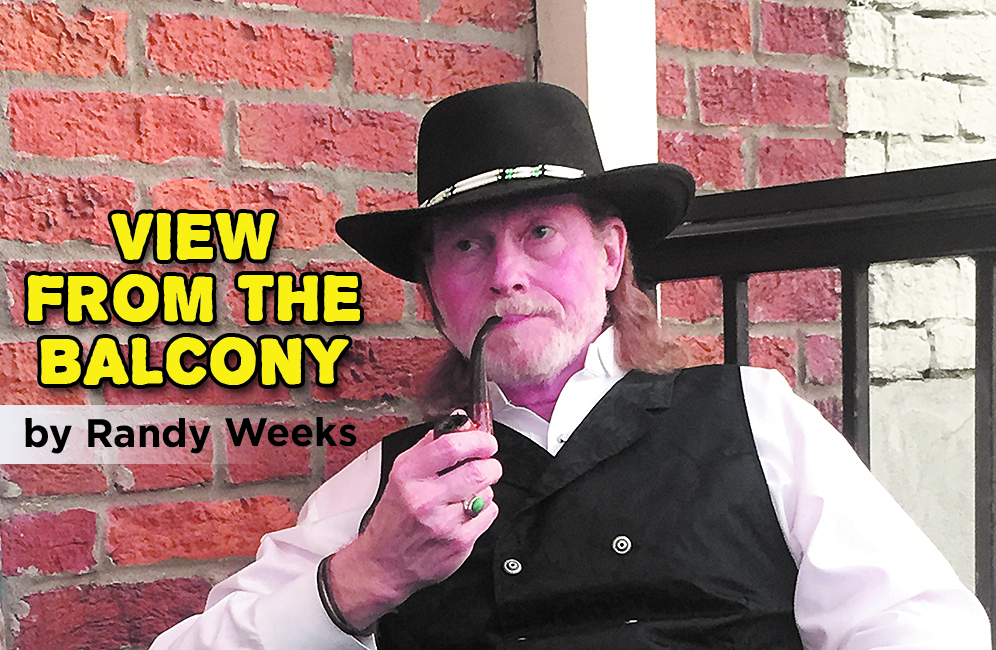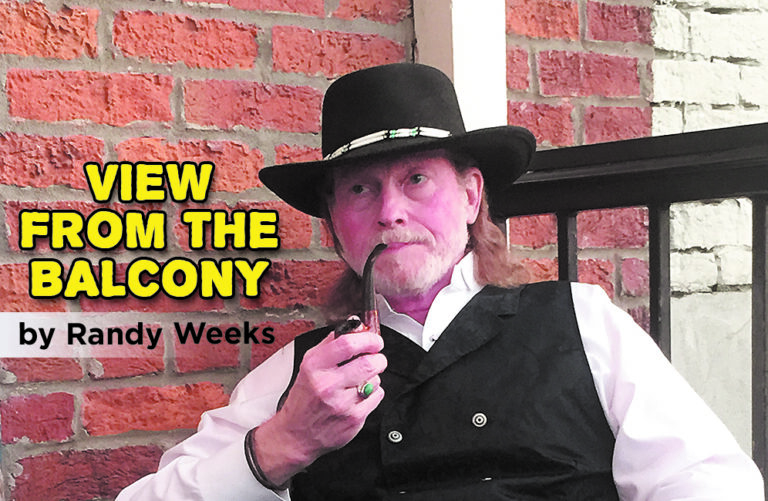
Both my parents were born into large families (8–13 children) during the Great Depression. They were small-time farmers and loggers and would do various and sundry other odd jobs to make ends meet.
Both sets of my grandparents died before I was born, but I knew my aunts and uncles because we visited or had family reunions several times each year.
When we went to see them, I don’t think anyone gave a single thought to staying in a hotel or motel. If there weren’t enough beds, we made pallets on the floor or back porch and slept there. I’m not ignorant or deluded enough to think that every family always took care of their own, but in the South, for the most part, I believe that to have been true.

It was not uncommon for aging parents to live in one of their children’s homes, or to rotate living with each of their children every few months. That was simply what family did. For better or for worse, the world keeps on changing. Most of us are busier than ever and families are more far-flung around the globe. Sharing responsibility for the elderly and the infirmed has shifted toward institutional care rather than family caregiving. (I hasten to add that there are many who benefit from institutional care, especially those with serious medical problems for which a family simply cannot provide.)
Over the past few decades there seems to have been a deterioration of the sense of family and close connection—“me” rather than “we”—within a culture that can use and discard nearly everything.
If Grandma and Grandpa, Mom or Dad, or other older and/or infirmed family members appear to be declining, or worst of all, in the way (yes, in the way), it has become increasingly easy to justify early admission to the process of institutionalization and/or outright displacement, i.e., “You no longer fit into the plans I have for my life.
There’s coming a day that he/she/they won’t be able to live on their own. If we don’t get that spot in this facility now, it’ll be gone by the time we need it.” It can be extremely easy to get sucked into the idea that institutionalizing the aging is “better for all concerned.” Sometimes it is, but not always. While I do not believe a laissez-faire attitude toward our elders is indicative of most, in my work as a therapist I have seen it. It is a hard, hard thing to witness such unkindness from the hearts of grown children toward their relatives—unkindness that sometimes rises to the level of elder abuse.
Many of today’s elders have had the advantage of better healthcare and greater financial security. They are more youthful than the elders of the previous generation, want to retain their independence, and are often healthy enough to do so, but not always. With smaller families there are fewer to help shoulder the responsibilities of caring for their relatives. With the elderly’s need for more medical care and other supportive services, their financial resources often dwindle. A number of grown children have made the decision to sacrifice some of their best earning years to move back home and care for their loved ones.
Assistance for those true caregivers is limited at best and non-existent at worst, potentially leading to a bleak outlook for their own future security.
Still, they have chosen to follow a path that puts others’ needs above their own. My siblings and I were fortunate. Our parents’ plans for their later years minimized the decisions we had to make. Daddy died before he needed additional care. A year later, Mama decided on her own to enter assisted living. No one forced her out. Her children worked together to remain in close contact with her through visits, phone calls, and letters. We weren’t perfect, but we did all we could to help meet her needs, not ours. Our aging relatives often have a wealth of humanity to pass on to us. The act of caring for them can bring us other riches.
It behooves us to help our aging retain their dignity and independence as long as possible, and to also support those family members who put themselves on the back burner for the sake of the aging.
The ways we care for our elders and infirmed may well be predictive of the ways we will one day be cared for by our offspring.
Think on that.
…and that’s the view from The Balcony.
Randy Weeks is a Licensed Professional Counselor, a Certified Shamanic Life Coach, an ordained minister, a singer-songwriter, and an actor. The older he gets, the more he appreciates the value of the elderly. Randy may be reached at randallsweeks@gmail.com.


